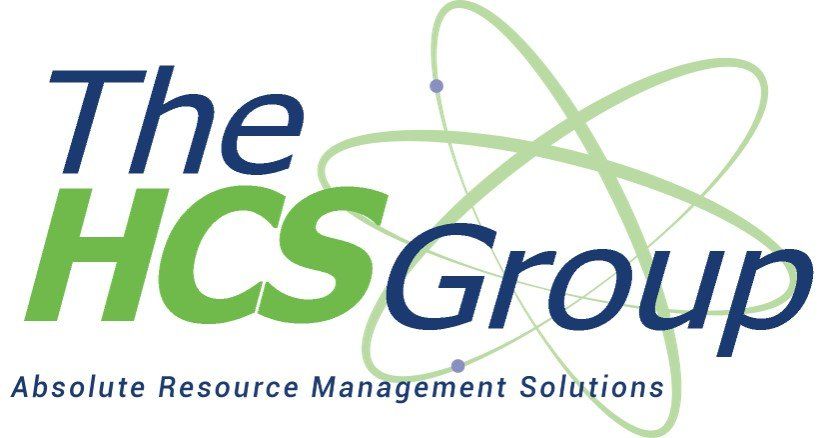MRI
MRIs are and important part of diagnostic medicine. If your medical clinic is in need of of temporary or permanent MRI or CT scanning, HCS Group can help.
Keep reading to learn about our short-term and long-term imaging services.
Short-Term MRI Imaging Services
The HCS Group provides MRI imaging services for short-term use. For example, if your MRI machine is down due to repairs/maintenance and is causing a backlog when scheduling patients, our rental service allows you the opportunity to avoid this backlog.
Replacing an outdated or thoroughly broken MRI scanner can be a time-consuming process. The shaft or tunnel used to place the MRI scanner inside its specific room needs to be reopened. A crane is needed to remove the old scanner and place a new one. Depending on how tall the shaft is, you may need to wait for the availability of a crane tall enough for your needs. During all of this, you certainly don’t want to suspend vital scans that patients need. This makes leasing our mobile MRI for the short term ideal.
An unexpected uptick in MRI scans can also generate the temporary need for additional scanners. Leasing one or more machines for the short term can help clear your backlog with little disruption to the flow of work, and quality of patient care. Once the need is gone, you won't have an extra scanner sitting idle.
Long-Term MRI Imaging Services
The HCS Group provides MRI imaging services for long-term use as well. For example, if your facility does not have an MRI machine, or if you simply do not have the space to add a much-needed traditional MRI scanner, then leasing for the long term is a perfect solution.
Mobile MRI scanners can be a great benefit in any medical facility’s arsenal. This is especially true if the building was built before the 1980s when MRI technology became common. After all, the first human was only scanned by
MRI in 1977. Hospitals and medical facilities built years or decades before would not have allocated space for such equipment, which requires specialized housing called a Faraday Cage.
Even if older facilities want to add an MRI scanner to their diagnostic toolkit, zoning the space and constructing the housing for a traditional machine is an expensive (and time-consuming) endeavor. MRI scanners and the tech control room take up far more space than, say, a CT scanner. Not only is it pricey, but construction is a disruption to the flow of work activity, and an unnecessary stress to patients in a hospital.
In cases such as these, mobile MRI machines are a blessing. Mobile scanners can be parked anywhere along the outside of the facility where there is space for a trailer to be parked, and they can be leased for the long-term.
Mobile MRI FAQs
There are plenty of common questions about mobile MRI imaging services, especially about the quality of results.
-
Is a mobile MRI as accurate as a traditional MRI?
Yes, and sometimes better. As mentioned previously, mobile imaging services can focus on one specialty or department, meaning all of the available funds will go to the research and development of their mobile imaging equipment. What matters most is the software and equipment used and the technician using the equipment.
-
Who uses mobile MRIs most often?
Mobile MRI imaging services are commonly used in smaller hospitals that cannot afford traditional MRI machines, hospitals that need additional scanners, and hospice and home health facilities. You can also go to services as an individual to receive MRI scans independent from a hospital or healthcare provider.
-
Is getting a mobile MRI different from a traditional MRI?
The process of a mobile MRI varies from location to location. You enter the unit separate from a hospital or home care facility with a mobile imaging service. Some have said that it’s awkward getting ready for the MRI when there isn’t as much space as a hospital room or that it’s oddly quiet. Many services have combated these complaints by adding CD players or radios and preparing the patient from the very start about what to expect.
-
What can a mobile MRI detect?
A mobile MRI can detect the same ailments as a traditional MRI. Breast cancer, orthopedic diseases, basic injuries, and neurological scans, to name a few. The MRIs used in mobile imaging services are typically supported with the most up-to-date technology, making any hard-to-see outliers visible.
HOURS
- Mon - Fri
- -
- Saturday
- -
- Sunday
- Closed
